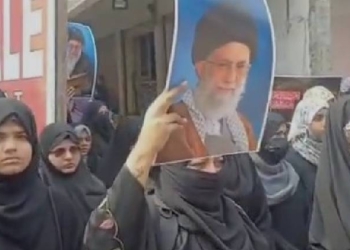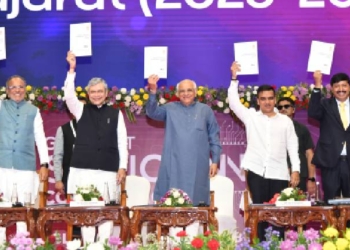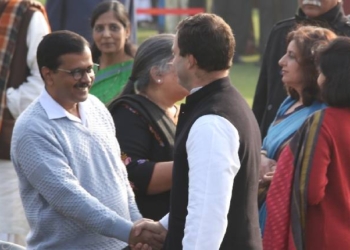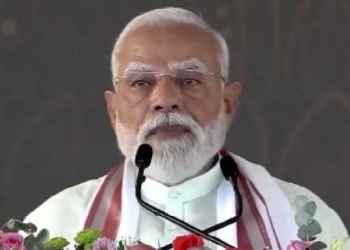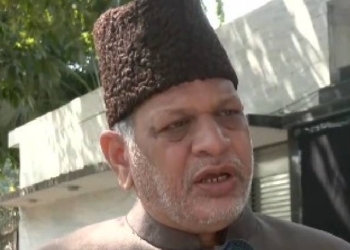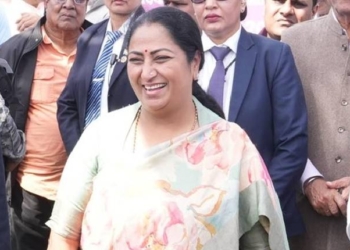New Delhi: The Supreme Court Collegium, headed by Chief Justice of India D.Y. Chandrachud, has recommended the appointment of Justice Ritu Bahri as the Chief Justice of the High Court of Uttarakhand.
Justice Bhari was appointed as a Judge of the High Court of Punjab and Haryana in August 2010 and is the senior-most puisne Judge in her parent High Court.
Before her elevation as a Judge, after enrolment at the Bar in 1986 she practised at the High Court of Punjab and Haryana.
Her area of practice was civil, constitutional, taxation, labour and service matters.
She specialised in service and tax matters.
During her practice of 24 years she had also served as Assistant Advocate General, Deputy Advocate General and as senior Deputy Advocate General for the state of Haryana.
The SC Collegium noted that “during her tenure of 13 years as a Judge of High Court, she authored 843 reported judgments of which 247 were delivered during last five years”.
“She has acquired extensive experience in dispensing justice in one of the largest High Courts in the country. She is a competent judge endowed with high level of integrity, conduct and character,” it added.
In a statement released on Thursday, the SC Collegium said that at present there is only one Chief Justice to represent the High Court of Punjab and Haryana and elevation of Justice Bhari would enhance representation of women among the Chief Justices of the High Courts.
“The Collegium is of the considered view that Ms Justice Ritu Bahri is fit and suitable in all respects for being appointed as the Chief Justice of the High Court of Uttarakhand,” it added.
A vacancy in the office of the Chief Justice of the Uttarakhand High Court has arisen consequent upon retirement of Justice Vipin Sanghi on October 26 this year.
The Memorandum of Procedure relating to appointment of the Chief Justice of a High Court provides that “a fair representation shall be given to various High Courts for selection of Chief Justices. For purposes of such selection, inter-se seniority of puisne Judges will be reckoned on the basis of their seniority in their own High Court. The consideration for appointment of Chief Justices shall be based on the criterion of seniority subject to merit and integrity”.
(IANS)





